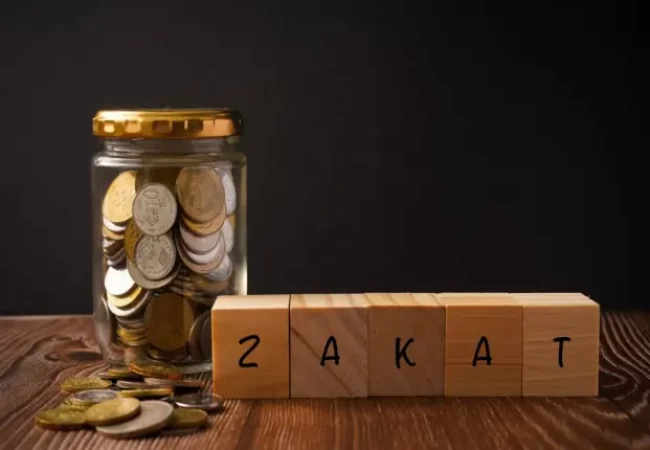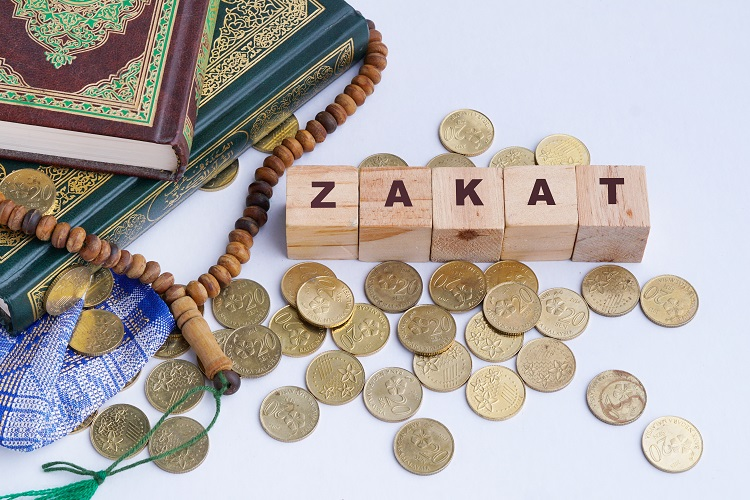Charity holds a central place in Islam, reflecting the faith’s emphasis on compassion, justice, and social responsibility. Zakat, one of the Five Pillars of Islam, exemplifies this principle by mandating Muslims to share their wealth with those in need. Beyond its spiritual significance, Zakat fosters economic equity, strengthens communities, and embodies the essence of Islamic teachings.
In this article, we delve into the profound role of Zakat, its impact on personal and societal levels, and the ways it uplifts entire communities. For more insights, read Yantar’s detailed exploration of Zakat’s role in Islam here.

What is Zakat?
Zakat is an obligatory act of charity required of all financially able Muslims. Derived from the Arabic word meaning “purification” or “growth,” Zakat symbolizes the purification of wealth and the moral duty of giving back.
Key Characteristics of Zakat:
- Mandatory Act: Unlike voluntary charity (Sadaqah), Zakat is compulsory for eligible Muslims.
- Proportional Giving: Typically, 2.5% of an individual’s surplus wealth is given annually.
- Specific Beneficiaries: The Quran outlines eight categories of recipients, including the poor, needy, and those in debt.
The Spiritual and Social Impact of Zakat
1. Fostering Spiritual Growth
Giving Zakat strengthens one’s relationship with Allah. It serves as a reminder of life’s transient nature and encourages gratitude, humility, and selflessness.
2. Addressing Poverty
Zakat redistributes wealth to those in need, providing essential support for food, shelter, education, and healthcare. It directly combats poverty and reduces economic disparities.
3. Building Community Unity
Through Zakat, individuals contribute to the collective well-being of the Ummah (Muslim community). It reinforces bonds within the community and fosters a spirit of mutual care and support.
4. Economic Empowerment
Beyond immediate relief, Zakat can fund projects that create long-term sustainability, such as education programs, microfinance initiatives, and vocational training.
The Conditions and Calculations of Zakat
Eligibility for Zakat
Muslims with wealth exceeding the Nisab threshold (the minimum amount of wealth required to pay Zakat) are obligated to contribute. The threshold is typically based on the value of gold or silver.
How to Calculate Zakat
- Determine Total Wealth: Include cash, savings, gold, silver, and investments.
- Subtract Liabilities: Deduct any debts or obligations.
- Apply the Zakat Rate: Multiply the remaining amount by 2.5%.
Recipients of Zakat
The Quran identifies specific groups eligible for Zakat, including:
- The poor and needy
- Debtors
- Wayfarers (travelers in need)
- Those striving in the path of Allah

Voluntary Charity (Sadaqah) and Its Complementary Role
While Zakat is obligatory, Sadaqah represents voluntary acts of giving. It encompasses monetary donations, acts of kindness, and even a smile. Together, Zakat and Sadaqah reflect Islam’s holistic approach to compassion and generosity.
Modern Applications of Zakat
1. Technology-Driven Solutions
Digital platforms make it easier than ever to calculate, track, and distribute Zakat effectively, ensuring transparency and accountability.
2. Addressing Global Issues
Zakat funds have been instrumental in addressing crises like refugee displacement, hunger, and natural disasters, reinforcing the global reach of Islamic philanthropy.
3. Empowering Women and Youth
A growing number of Zakat initiatives focus on empowering women and youth, fostering education and entrepreneurship.
Challenges and Opportunities
Challenges
- Ensuring proper distribution to deserving beneficiaries.
- Overcoming administrative inefficiencies and mismanagement.
Opportunities
- Leveraging technology for efficient Zakat collection and allocation.
- Increasing awareness about Zakat’s potential to address global challenges.
Zakat is much more than a financial obligation; it is a profound expression of faith, compassion, and social justice. By redistributing wealth, it uplifts individuals, strengthens communities, and contributes to a more equitable world.
For a deeper understanding of Zakat and its transformative power, explore Yantar’s insightful article here.
Whether you are a practicing Muslim or simply curious about Islamic teachings, Zakat offers valuable lessons about the impact of giving and the strength of collective responsibility.

